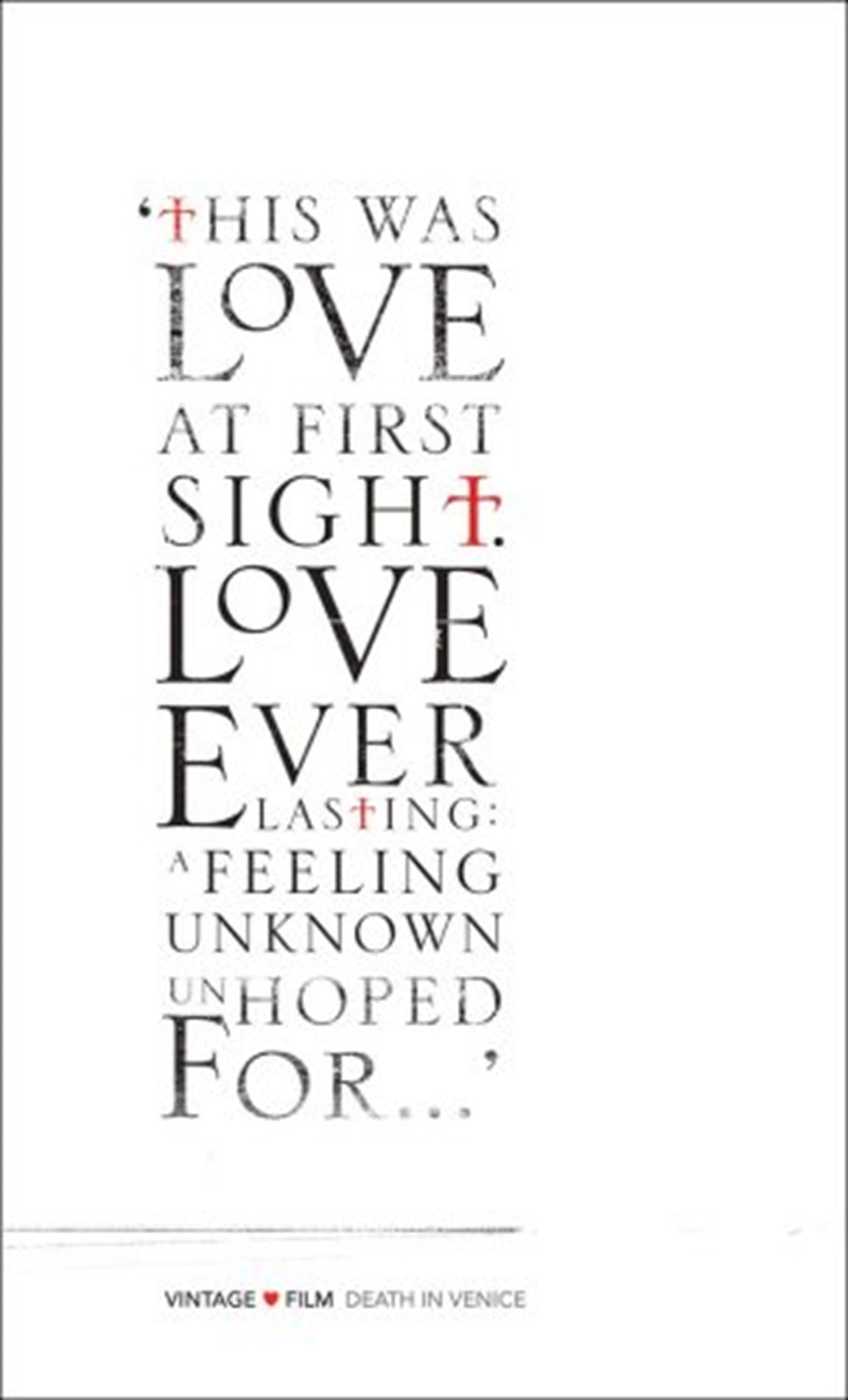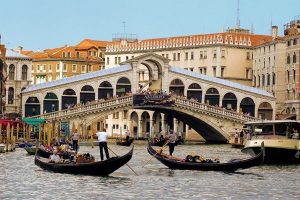

This is not my own but the author’s opinion of himself. Nathaniel Lew (Music, St.We live in a state of decadence, of falling away, the more so for no longer naming it as such, and Thomas Mann’s way of laying the past to rest seems to me vastly better than the hatred of it accompanied by ignorance which characterizes the brutal branch of the phenomenon of decadence.įor the next hour I am going to lecture on a work largely autobiographical, whose hero is a charlatan and whose author is therefore the same.of Washington, emeritus) Short Story or Novella?ġ:00-2:10 lunch (catered onsite for all attendees)Ģ:10-4:00 panel 2 Moderator: Yoon Sun Yang (WLL) Yuri Corrigan (WLL): “Their Theater Was His Soul and They Broke in from Outside”: Mann between Dostoevsky and Nietzsche.Stephanie Nelson (Classics): Phaedrus in Venice.“ Aschenbach’s Despair: Mann, Kafka, & Beckett”ġ1:30–1:00 panel 1 Moderator: Catherine Yeh (WLL) Ave.)ġ0:00 Welcome and Introduction: William Waters (WLL)ġ0:15–11:30 Keynote Speaker Stephen Dowden (Brandeis): Saturday, April 30 Barrister’s Hall, Sumner Redstone Building, 765 Comm. Then come to listen and participate on Saturday Apas we together explore Mann’s enduring, seductively mythic Venice of the mind. Death in Venice is an opera a ballet an audio walking tour as a “drama for one.” Blog posts, short films, and new translations tumble forth at an increasing rate and the surge of commentaries, theses, dissertations, monographs, annotated editions, scholarly essays and book chapters long ago surpassed anyone’s ability to enumerate, let alone read.įortunately, you can easily read Mann’s story from start to finish in one evening (and that’s likely a sentence we’ll never write again in the Big Fat Books context). The still-rising tide includes film adaptations and meta-adaptations fictional hommages from novels of high literary ambition to cheesy knock-offs and pulp romances graphic novels a radio play.


In our era, the ocean of responses that Death in Venice has called forth stretches to the horizon.

Mann himself, looking back, considered that Death in Venice might have been his finest work, surpassing even the great novels that had nearly brought him a second Nobel Prize for Literature, such as The Magic Mountain, the Joseph tetralogy or Doctor Faustus. Thomas Mann’s novella Death in Venice (1912), for all its brevity, stands comfortably among the acknowledged high points of literary artistry in the modern era. Talks presuppose no specialist knowledge, only that you’ve read (a translation of) the text. Boston University’s annual “Big Fat Books” spring symposium is open to all for the pleasure of discussing a very good book.


 0 kommentar(er)
0 kommentar(er)
